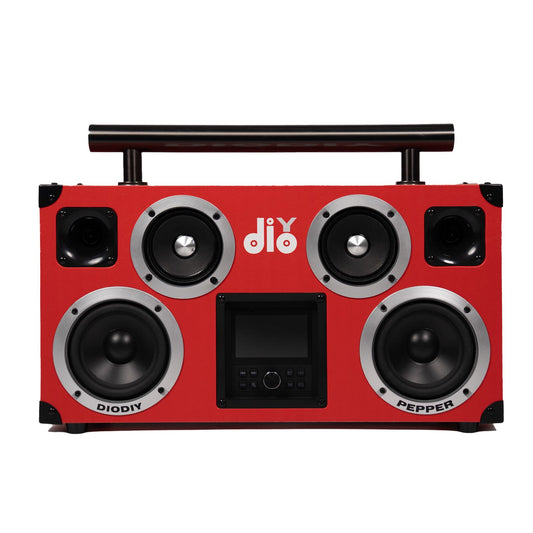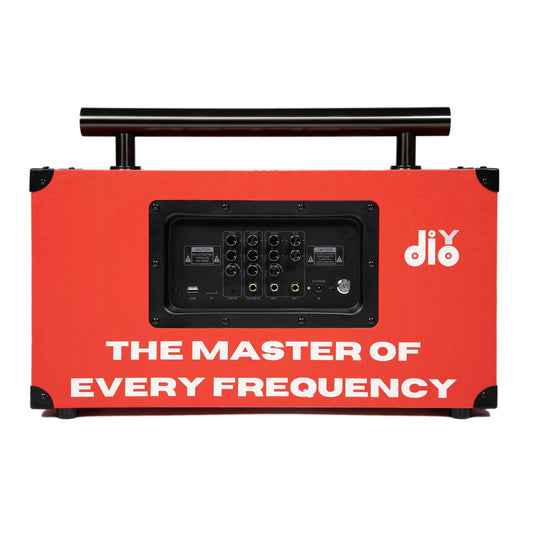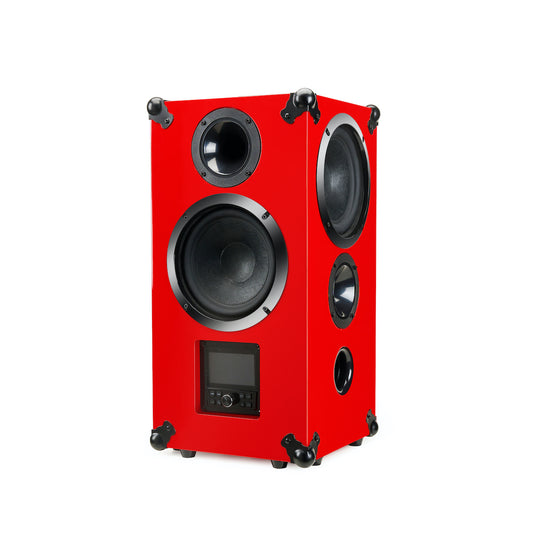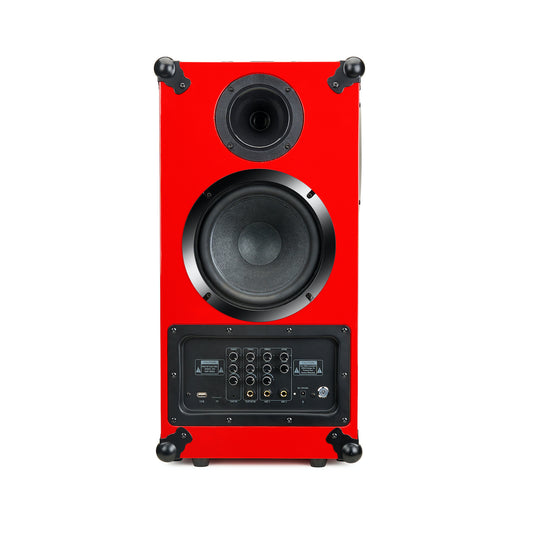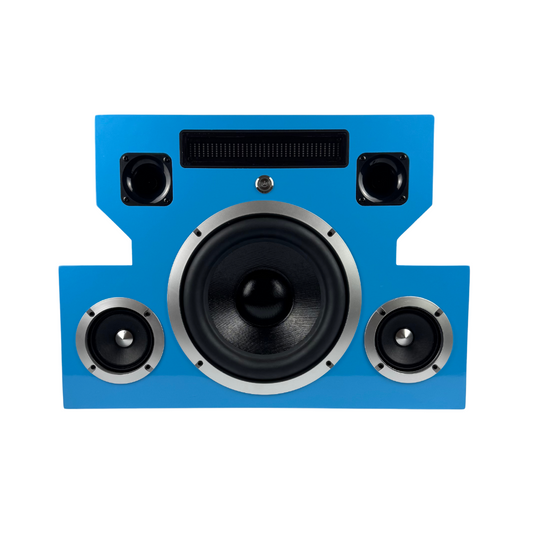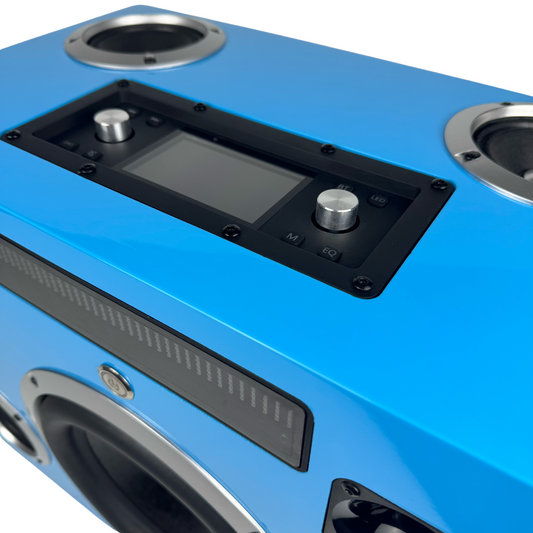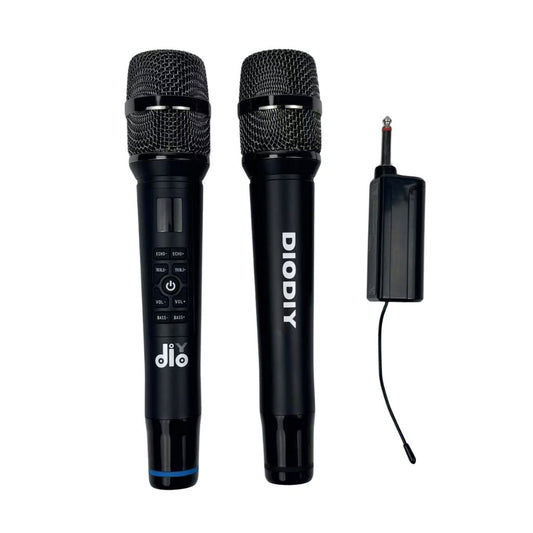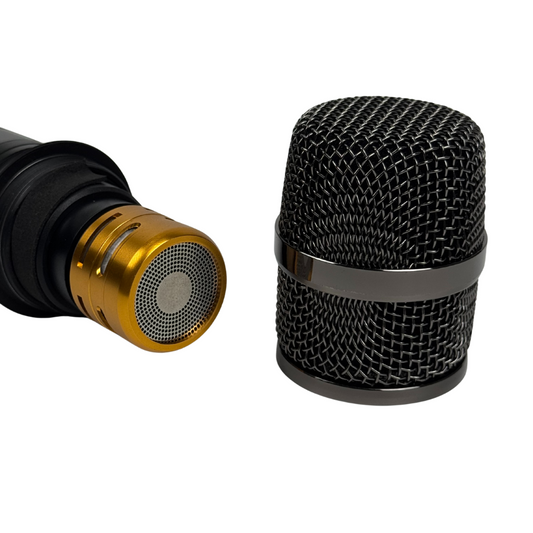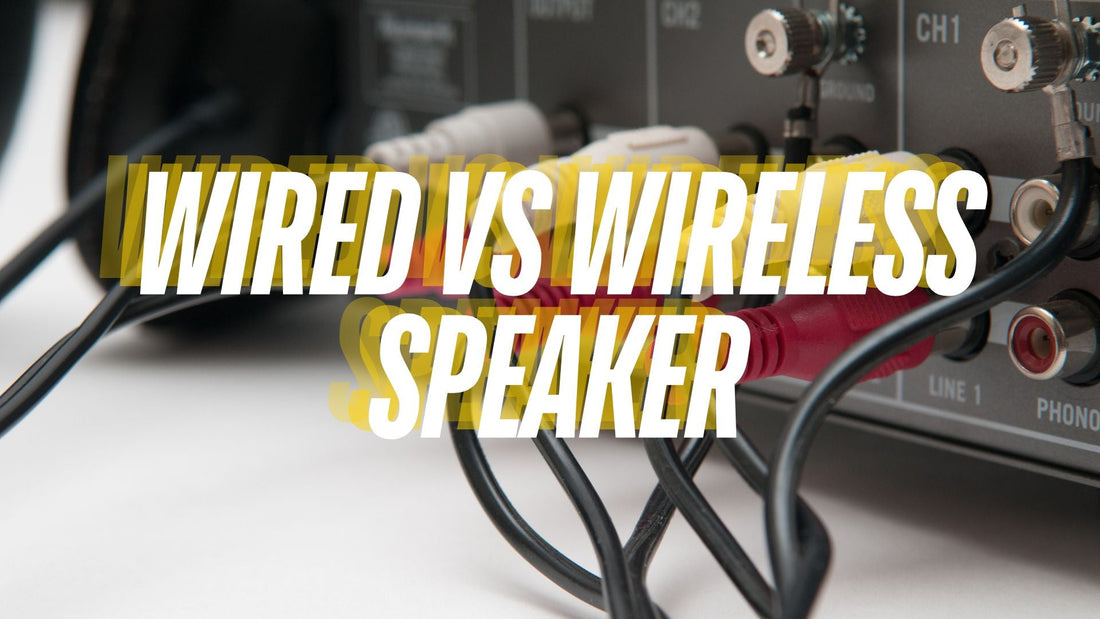
Wired vs. Wireless Speakers: Which Is Better?
Share
In the evolving landscape of audio technology, the debate between wired and wireless speakers remains prominent. Each offers distinct advantages and considerations, making the choice dependent on individual preferences, usage scenarios, and technological advancements.
Sound Quality: A Comparative Analysis
Traditionally, wired speakers have been lauded for their superior sound quality. The direct connection via cables ensures stable signal transmission with minimal interference, leading to clearer and more reliable audio reproduction. This direct link eliminates potential issues like latency and signal loss, which can occasionally affect wireless setups.
However, advancements in wireless technology have significantly narrowed this gap. Modern wireless speakers, especially those utilizing Wi-Fi and advanced Bluetooth codecs, can deliver high-fidelity audio that rivals their wired counterparts. The development of high-resolution audio streaming and improved wireless protocols has enhanced the performance of wireless speakers, making them a viable option for many users.
The Importance of Speaker Components
While the connection method plays a role in sound quality, the internal components of a speaker are paramount. High-quality drivers, amplifiers, and enclosures contribute more significantly to audio performance than whether a speaker is wired or wireless. A well-engineered wireless speaker with premium components can outperform a wired speaker of lesser quality. Therefore, when evaluating speakers, it's crucial to consider the build quality and components rather than focusing solely on the connection type.
Flexibility and Convenience
Wireless speakers offer unparalleled flexibility and convenience. The absence of cables allows for easy placement and mobility, making them ideal for users who prefer a tidy space or need to move their speakers frequently. This portability is particularly beneficial for outdoor events, multi-room setups, or environments where wiring is impractical.
On the other hand, wired speakers, while potentially offering superior sound quality, require more deliberate placement due to cable management. This can limit their flexibility and make installation more complex, especially in larger setups or spaces where running cables is challenging.
Reliability and Interference
Wired connections are generally more reliable, providing consistent performance without the risk of signal interference. They are not susceptible to issues like signal dropouts or interference from other wireless devices, which can occasionally affect wireless speakers.
Wireless speakers depend on the stability of their wireless connections, which can be influenced by factors such as distance from the source, physical obstructions, and interference from other electronic devices. However, with modern advancements, these issues have become less prevalent, and many wireless speakers now offer robust and reliable performance.
Choosing Based on Your Needs
The decision between wired and wireless speakers should align with your specific needs and preferences. If you prioritize flexibility, ease of setup, and a clutter-free environment, wireless speakers are an excellent choice. They are ideal for users who value convenience and the ability to easily relocate their audio equipment.
Conversely, if achieving the highest possible sound quality is your primary concern, and you have a dedicated space where cables can be managed effectively, wired speakers may be more suitable. They are often preferred by audiophiles and professionals who demand the utmost in audio fidelity.
Conclusion
Both wired and wireless speakers have their unique advantages. The key is to assess your priorities, consider the quality of the speaker components, and choose the option that best fits your lifestyle and listening preferences. With advancements in technology, both types can offer exceptional audio experiences when selected and utilized appropriately.

